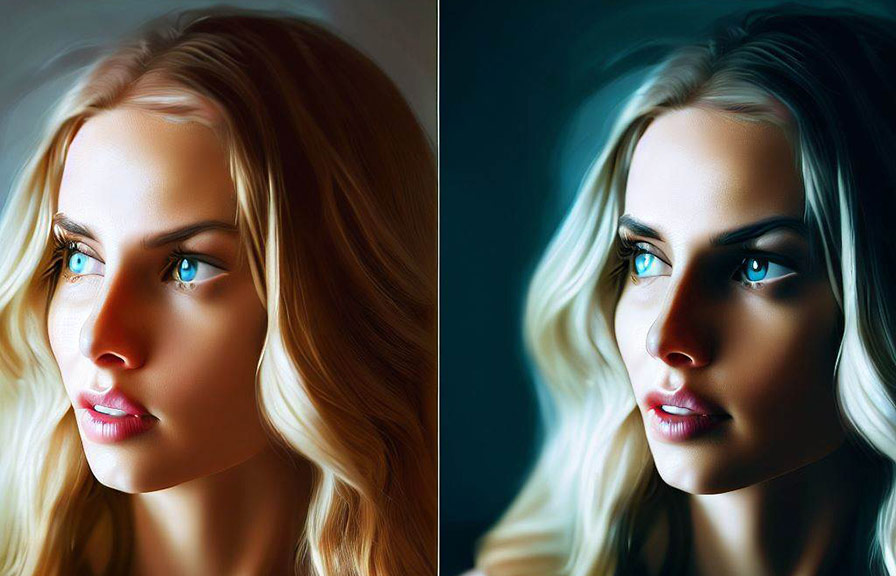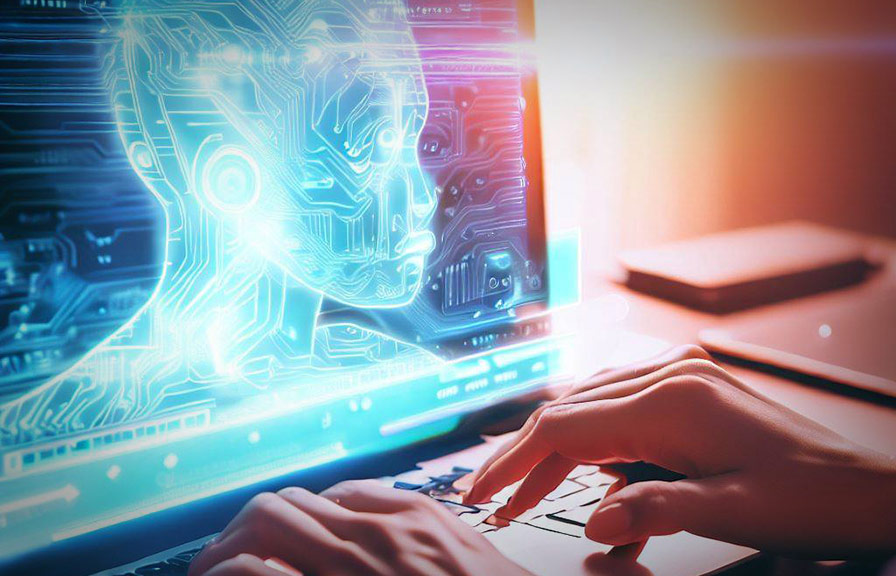Did you know that by 2021, humans were snapping approximately 1.4 trillion photos per year? with the growing advancements in smartphone technology and social media platforms, it's no surprise that photography has become an integral part of our daily lives.
However, not all photos turn out perfect. sometimes, they need a little touch-up to truly shine. this is where ai-based image enhancement comes to the rescue, transforming ordinary photos into stunning masterpieces.

The magic of artificial intelligence in image enhancement
the power of artificial intelligence (ai) has been harnessed to bring remarkable improvements to various fields, and image enhancement is no exception. ai-based image enhancement tools analyze the content of an image, identify its imperfections, and apply intelligent adjustments to enhance the overall quality.
This can include correcting exposure, adjusting colors, reducing noise, and even adding missing details.
These ai solutions employ deep learning algorithms that have been trained on vast datasets of high-quality images. by learning from these examples, the ai can recognize patterns and apply the most suitable enhancement techniques to any given image.
The result? a breathtaking transformation that often surpasses the capabilities of traditional image editing software.
Super-resolution: breathing life into low-resolution images
One of the most fascinating applications of ai in image enhancement is super-resolution. this technique allows ai algorithms to take a low-resolution image and generate a high-resolution version with incredible detail. traditional methods of upscaling images often result in blurriness and loss of detail, but ai-based super-resolution algorithms can intelligently
Fill in the missing information, creating crisp and clear results.
For instance, imagine you have a decades-old photo that's been scanned at a low resolution, making it difficult to appreciate the finer details. with ai-based super-resolution, you can now breathe new life into that cherished memory, making it possible to see the image in stunning clarity.
Noise reduction: banishing the grain
Another common issue in photography is noise, which appears as random variations of brightness or color in an image. this can be caused by various factors, such as low light conditions, high iso settings, or limitations in camera sensors.
Traditional noise reduction methods often struggle to find a balance between removing noise and preserving image detail. however, ai-based noise reduction algorithms can intelligently distinguish between noise and genuine image details, allowing for effective noise removal without compromising the image's overall quality.
Colorization: painting the past
Have you ever wondered what your grandparents' black-and-white wedding photos would look like in full color? ai-based image enhancement can make this a reality. using deep learning algorithms, ai tools can analyze the grayscale information in an image and predict the most likely color for each pixel.
This process, known as colorization, allows for the transformation of black-and-white photos into vibrant, colored images. by training on large datasets of color images, the ai learns to recognize patterns and apply appropriate colors to various objects, such as skin tones, foliage, and clothing.
A glimpse into the future of ai-based image enhancement
As ai continues to evolve, the potential applications of ai-based image enhancement are boundless. in the future, we can expect to see even more advanced algorithms capable of enhancing images in real-time, making it possible to capture perfect photos with every click.
Moreover, ai-driven image enhancement has the potential to revolutionize industries such as medicine, where accurate image interpretation is vital. for example, ai-based enhancement techniques could be used to improve the clarity and accuracy of medical scans, allowing for earlier detection and diagnosis of diseases.
Ethical considerations
As with any powerful technology, ai-based image enhancement also raises ethical concerns. for instance, the ability to generate highly realistic images could be misused to create convincing deepfakes, which can be used to spread misinformation or invade an individual's privacy.
It is essential for developers, users, and regulators to work together to establish ethical guidelines and ensure that ai-based image enhancement is used responsibly, for the betterment of society.
Conclusion
Ai-based image enhancement is a game-changer, empowering users to transform ordinary photos into extraordinary works of art. from super-resolution to noise reduction and colorization, artificial intelligence is revolutionizing the way we capture and enhance our memories.
As ai continues to advance, we can expect to see even more impressive applications of this technology, opening up new creative possibilities in the world of photography.
